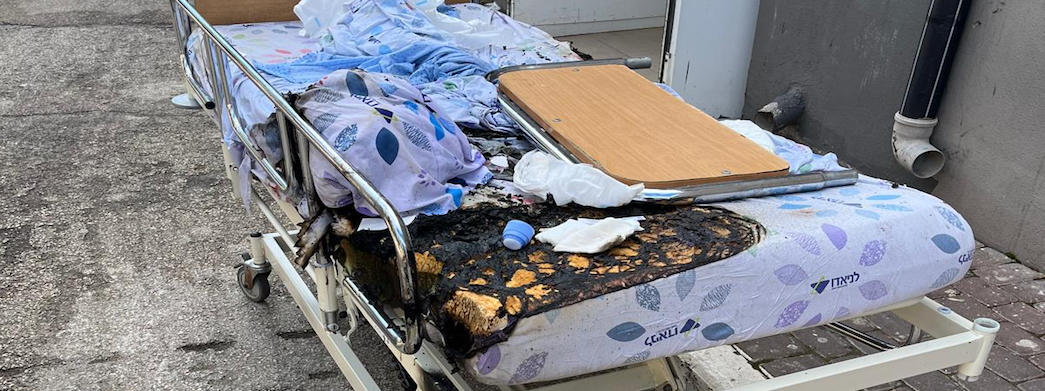- Home
- News and Stories
-
Laniado Hospital ICU Patients Moved to Fortified Underground Areas Amid Ongoing Missile Threats
Laniado Hospital ICU Patients Moved to Fortified Underground Areas Amid Ongoing Missile Threats
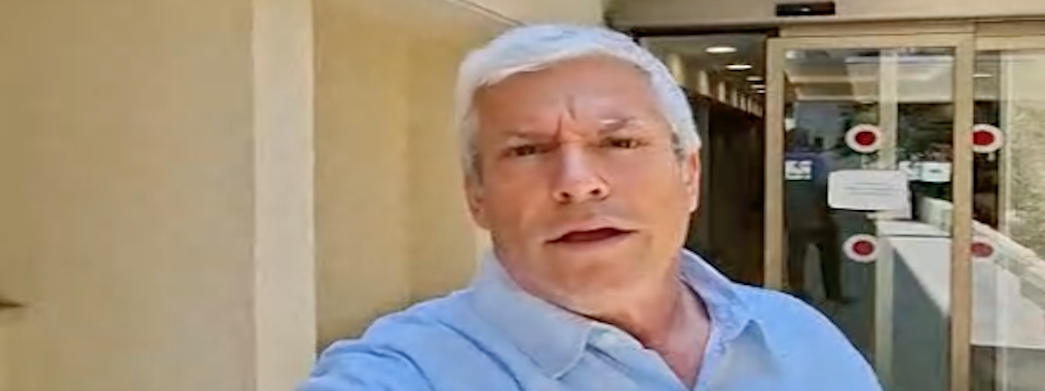
Netanya, Israel – June 2025
As missile threats against central Israel persist, Laniado Hospital has taken urgent action to protect its most vulnerable patients. Over the past several days, all patients from the hospital’s General Intensive Care Unit (ICU) have been relocated from their regular department—now standing eerily empty—into fortified areas deep within the hospital’s infrastructure.
In a powerful on-site video, Chaim Strenthal, Director of the West Coast Friends of Laniado Hospital, walks through the darkened ICU. “This unit should be full of patients receiving critical care,” he says. “But it’s empty—not because the need is gone, but because it’s no longer safe.”
In response to the increasing frequency of missile alerts, Laniado’s medical teams have relocated patients into a series of protected areas throughout the hospital. Some have been moved to a temporary underground ICU, hastily but carefully adapted to accommodate ventilated patients and intensive monitoring systems. Others have been transferred into fortified bomb shelters, many of which previously served as storage rooms and supply spaces. These makeshift wards now house patients reliant on constant care, medical machinery, and specialist oversight.
The process of redistributing ICU patients across multiple protected locations has placed an enormous logistical and emotional burden on hospital staff. Doctors, nurses, and support teams now operate across scattered, cramped environments, with limited space and infrastructure. Vital equipment had to be relocated and reassembled on short notice. Communications between teams are more difficult, and simple tasks—like moving from one patient to another—now require navigating between distant zones of the hospital.
We need to build safety into the very foundation of this hospital.
Yet despite these extraordinary challenges, Laniado Hospital continues to deliver on its unwavering commitment to excellence in care. “We have not lowered our standards,” Strenthal emphasizes. “Even in underground spaces that were never designed for medical use, our staff continue to provide world-class intensive care. They are working under pressure most of us can’t imagine—and still, they give every patient the attention and dignity they deserve.”
The hospital’s leadership is now urgently calling for international support to help fund the construction of a purpose-built, fully fortified Intensive Care and Emergency Medical Unit. The current crisis has made it painfully clear that medical excellence alone is not enough—physical safety must be part of the infrastructure.
“This isn’t just a medical emergency—it’s a structural one,” Strenthal says. “Lives can’t be saved in facilities that are vulnerable. We’ve adapted with determination and heart, but we cannot continue like this forever. We need to build safety into the very foundation of this hospital.”
Other News
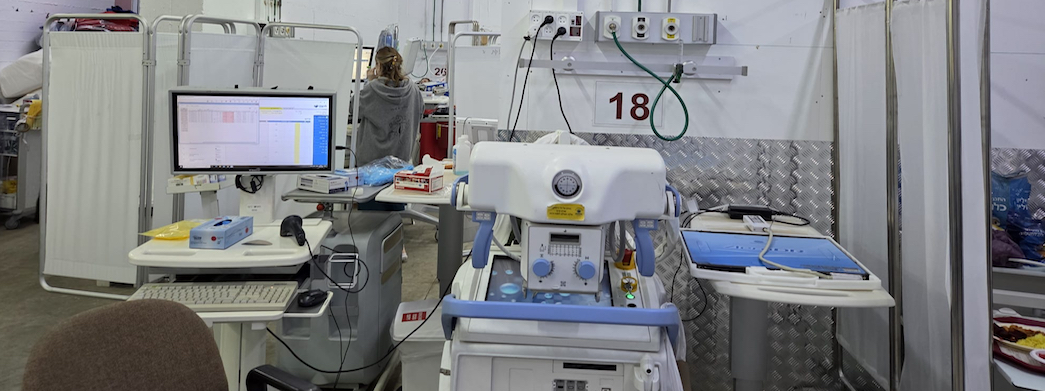
Hospital Operations Reorganised as Laniado Moves into Full Emergency Mode
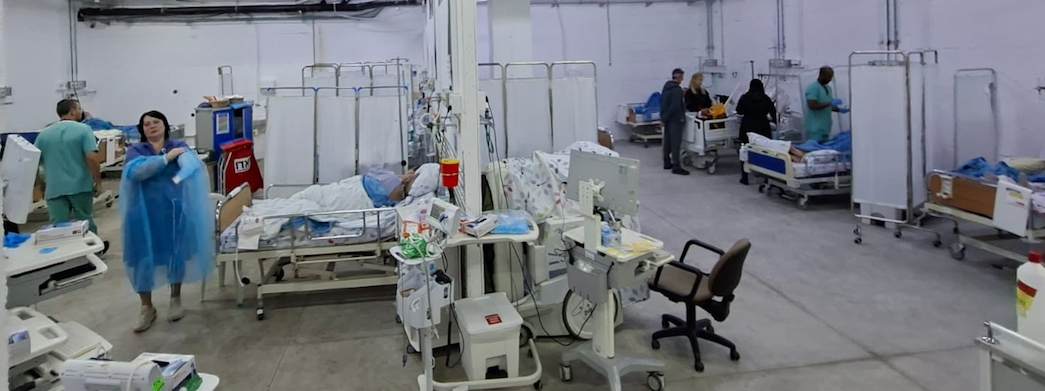
Under Fire: How Laniado Is Preparing for the Next Major Emergency
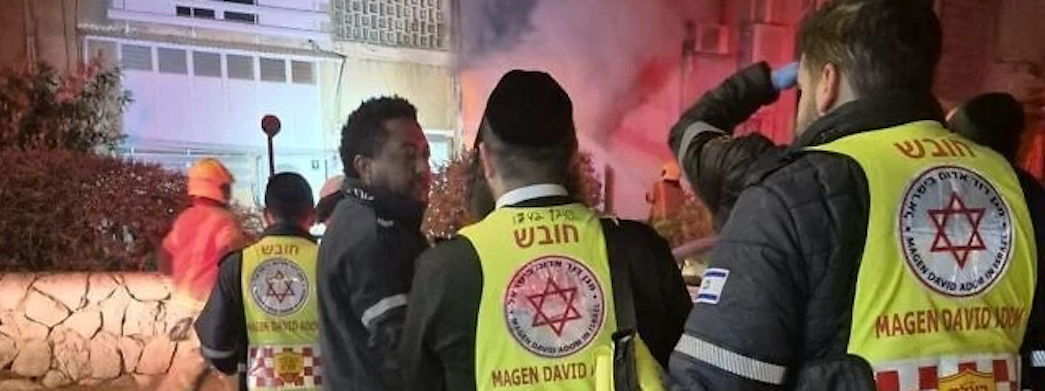
Two Killed, Nine Injured in Devastating Netanya Apartment Fire
